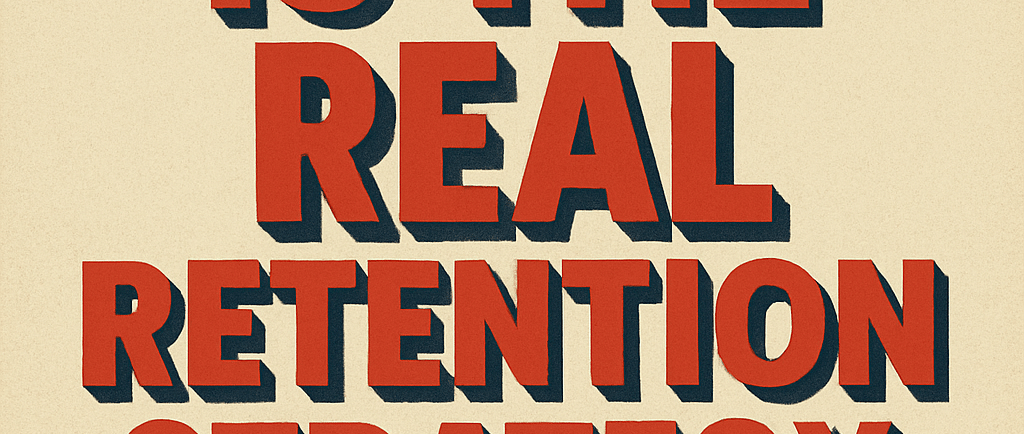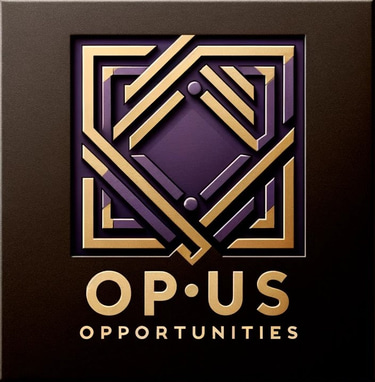Respect Is the Real Retention Strategy
Why dignity is the ultimate driver of loyalty
Kamy Charles
10/8/20251 min read


Perks Don’t Build Loyalty—People Do
In today’s competitive talent market, organizations are investing millions in perks. From unlimited snacks to wellness stipends and themed Fridays, the list keeps growing.
And yet, turnover remains high. Engagement remains uneven. Burnout remains real.
Why? Because you can’t perk your way out of a lack of respect.
---
The Real Currency of Retention: Dignity
Employees don’t leave because they didn’t get enough pizza Fridays. They leave because:
Their boundaries weren’t respected.
Their ideas weren’t valued.
Their contributions weren’t acknowledged.
Their identities were minimized or dismissed.
Respect isn’t soft—it’s structural. It shows up in policies, leadership behavior, meeting dynamics, and the smallest day-to-day interactions.
When employees feel seen and valued, they give their best work—not because they’re told to, but because they want to.
---
Respect in Action: What It Actually Looks Like
Respect goes beyond polite words. It looks like:
🔸 Honoring boundaries: No guilt for logging off. No praise for burnout.
🔸 Listening to ideas: Not just hearing, but acting on feedback.
🔸 Creating psychological safety: People can disagree without fearing repercussions.
🔸 Valuing diversity of thought and identity: Inclusion isn’t an afterthought—it’s a norm.
These behaviors don’t require massive budgets. They require intentional leadership.
---
Why Respect Retains Top Talent
Retention isn’t about locking people in—it’s about giving them reasons to stay. Respect does exactly that.
When employees trust that their voice matters, that their boundaries are safe, and that their dignity is intact, they’re more likely to:
✅ Invest in the organization’s success
✅ Share honest feedback early
✅ Grow their careers within the company, not outside of it
Respect fosters loyalty. And loyalty drives retention.
---
Final Thought: Respect Is a Strategy, Not a Slogan
If respect isn’t embedded in your culture, perks will only go so far. Respect is what keeps people engaged when the snacks run out, the economy shifts, or the work gets tough.
